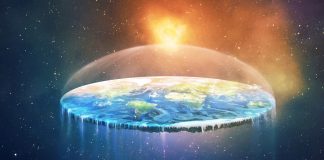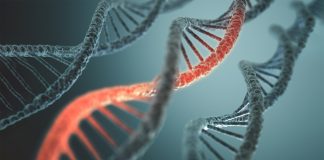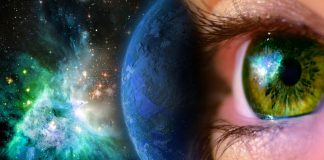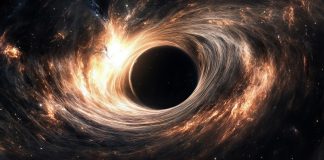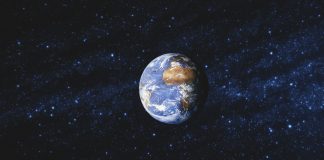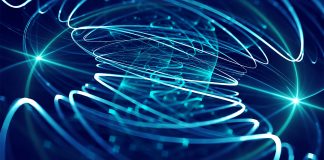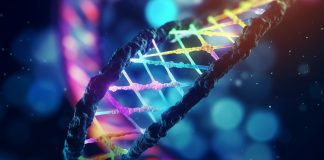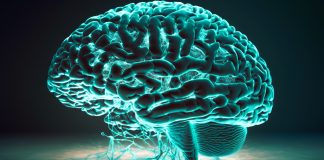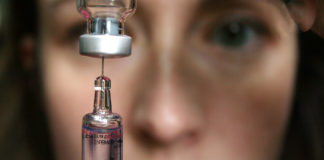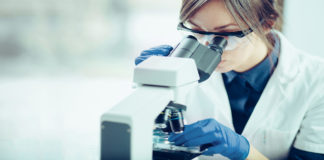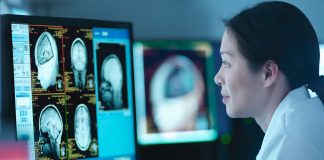Why do some people believe the earth is flat?
Around 10% of Americans and 7% of Brazilians believe that the Earth is flat, that the moon landing was a hoax, and that those vaccinated against Covid-19 unknowingly received a microchip along with the vaccine. Several more percent remain uncertain about the veracity of official information.
The risks of mRNA vaccines in the COVID-19 era: How we know they don’t alter our DNA
Risks of mRNA vaccines in the COVID-19 era: How we know they don't alter our DNA.
The big picture
Fossil layers seem to be consistent with some independent phylogenetic analyses, radiometric dating methods seem to be consistent with inferences based on the DNA "molecular clock," continental drift over millions of years seems to be consistent with the distribution of species and fossils on Earth... and the examples go on. If the evolution of life is not a real phenomenon, how can we...
Hope, a legacy of another world
Hope can be palpable and elusive at the same time, both reasonable and independent of logic. Yet this independence from logic is not synonymous with indifference to reason, but a victory over it. Hope has its own logic, one that changes lives for the better.
Evolution before our very eyes | Part 2
Bacteria are becoming increasingly resistant to antibiotics; some butterflies and fish are developing new colours for better camouflage; and a series of laboratory experiments have revealed small but significant changes in various microorganisms. Are these phenomena conclusive evidence of evolution unfolding before our eyes?
The faith of a scientist
The field of science was flourishing, and amid its youngest and brightest, one student in particular consistently topped physics and chemistry courses, took its academic prizes and was courted with offers of scholarships by prestigious universities. His trajectory was toward the heights of the scientific world.
Is sugar the most dangerous drug?
While few people can remember the details of their first hit, everyone can identify with the rush of satisfaction, the tingling delight that starts on the tip of your tongue and then courses through your entire body.
The flat Earth theory in the Middle Ages
Atheists frequently invoke the theory that in the Middle Ages, Christians (not just lay people, but even church leaders) believed in the myth of the flat Earth.
Gravitational waves and the inflation of certainty
On 17 March 2014, the science and technology blog of the prestigious newspaper The New Yorker announced, "A scientific breakthrough lets us see to the beginning of time". Lawrence M. Krauss, renowned physicist and author of "A Universe From Nothing: Why There is Something Rather than Nothing", commented in his article on the news that went around the world, heralding a landmark moment...
DNA: the language of chance, or of the Creator?
Scientific progress in understanding the DNA molecule and in deciphering the molecular mechanisms by which cells function can only be described as revolutionary. In the first of our "Genetics and Evolution" series of articles we examine the implications of these discoveries for evolutionary and creationist perspectives on the origin of life.
How to build a better brain
The first time he saw a living human brain, neurosurgeon Sanjay Gupta says it became “a powerful and life-changing experience."
Evolution before our very eyes | Part 1
Bacteria are becoming increasingly resistant to antibiotics; some butterflies and fish are developing new colours for better camouflage; and a series of laboratory experiments have revealed small but significant changes in various microorganisms. Are these phenomena conclusive evidence of evolution unfolding before our eyes?
The greed for knowledge
If science were a religion, how violent would it be compared with Christianity?
The risks of overrelying on genetic testing
Genetic testing is a new frontier in preventive medicine. But beyond this border, there lies a minefield of trial and error.
A new theory of evolution—or several complementary theories?
"Strange as it sounds, scientists still do not know the answers to some of the most basic questions about how life on Earth evolved. Take eyes, for instance. Where do they come from, exactly?" These are the words with which an extensive article published by The Guardian in June 2022 begins.












